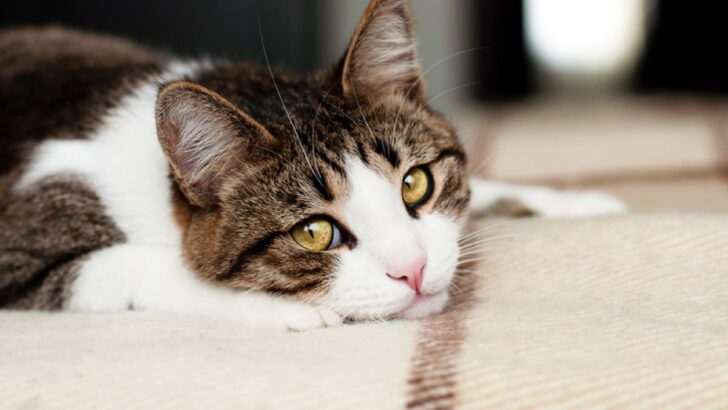When we’re forced to say goodbye to a furry family member, we’re faced with one of the toughest times we’re ever going to go through. More times than not, we go through the stages of grief, we cry our little hearts out, and we remember our feline friends with sadness.
Moreover, we take the time off to figure out how to cope with the awful loss. But, what about our other furry friends? Oftentimes, we forget about them when we’re going through a tough time because we don’t think they’re capable of experiencing grief.
“Oh, cats are self-sufficient and self-reliant!” We’re conditioned to think that cats are distant, detached, and standoffish, and dogs are the ones that are affectionate, appreciative, and attached to humans. Many think cats are incapable of understanding death, loss, and grief. But, are they, though?
1. They become depressed and detached
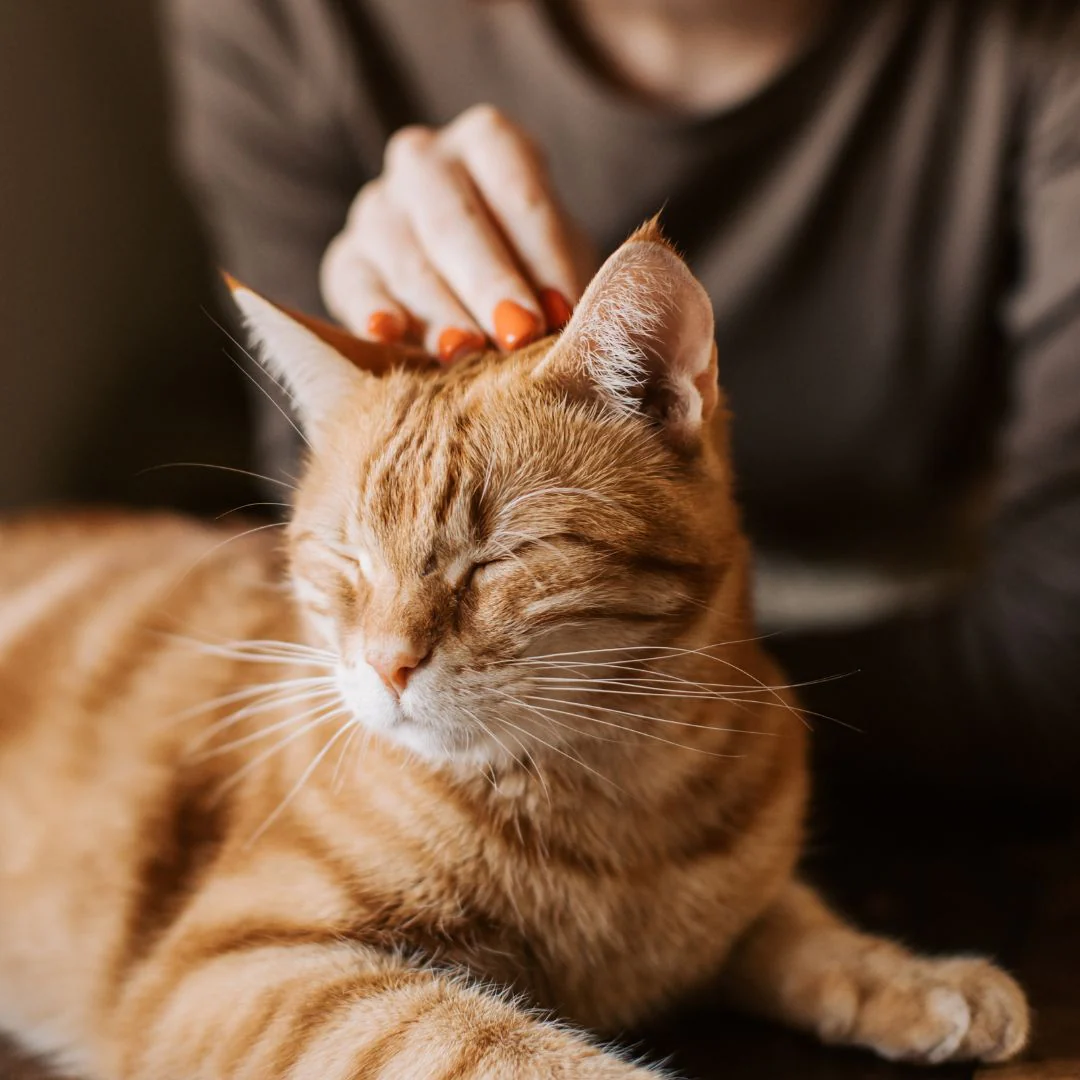
When someone passes away, you might notice your cat becoming more and more depressed as the days go by. Cats don’t always understand that someone’s passed away because they don’t understand the concept of death – rather, they think that they’ve been abandoned.
Cats notice that the person, the dog, or the other cat doesn’t come to play anymore, doesn’t eat with them, or doesn’t appear. And, when they notice that, they become depressed. When you spot your cat becoming more depressed, detached, and “silent,” know that she might be mourning.
2. They refuse to eat or play
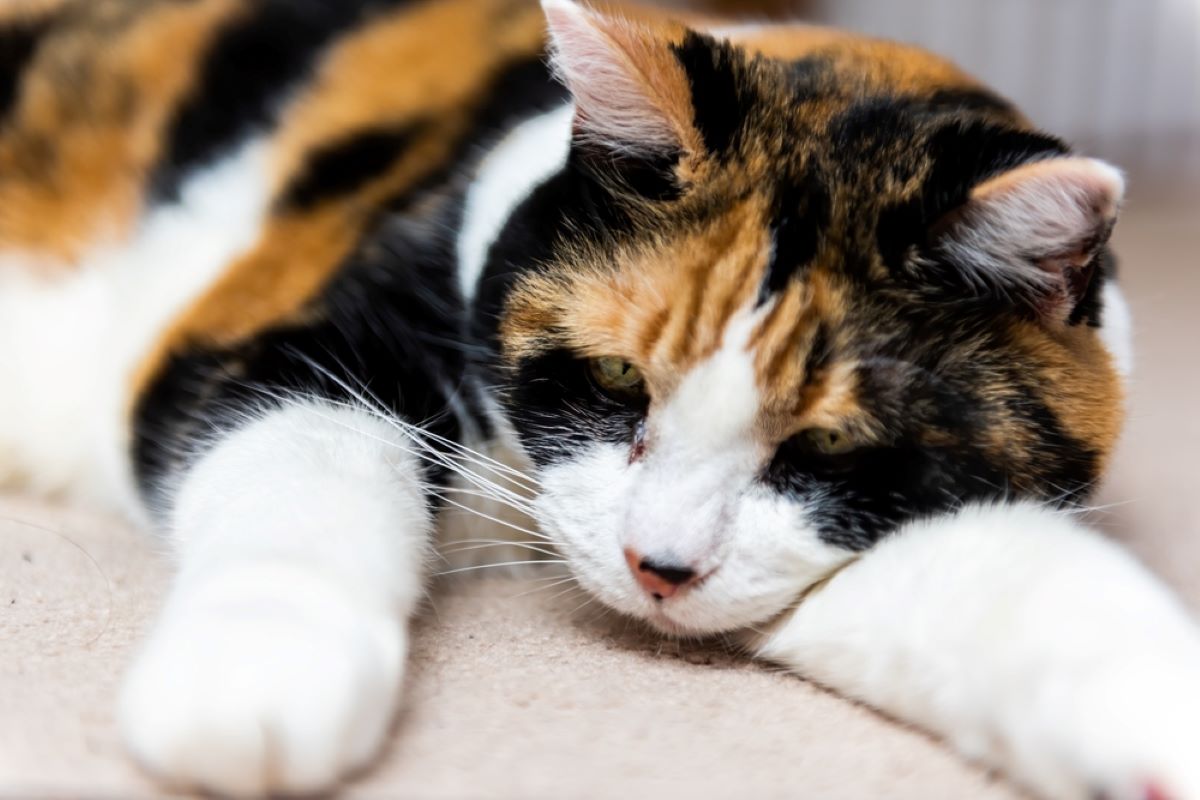
When your cat starts turning her head away from Meow Mix, you know there’s something wrong.
Whenever they’re feeling unwell or dealing with some sort of discomfort, cats are known to refuse to eat or play. We would go as far as to argue that’s a telltale sign that they’re anxious, stressed out, and/or overwhelmed.
What’s even worse, when the damaging behavior continues over a period of time, they’re known to develop stress-related health problems, too.
3. They sleep the entire day and get up only when they have to
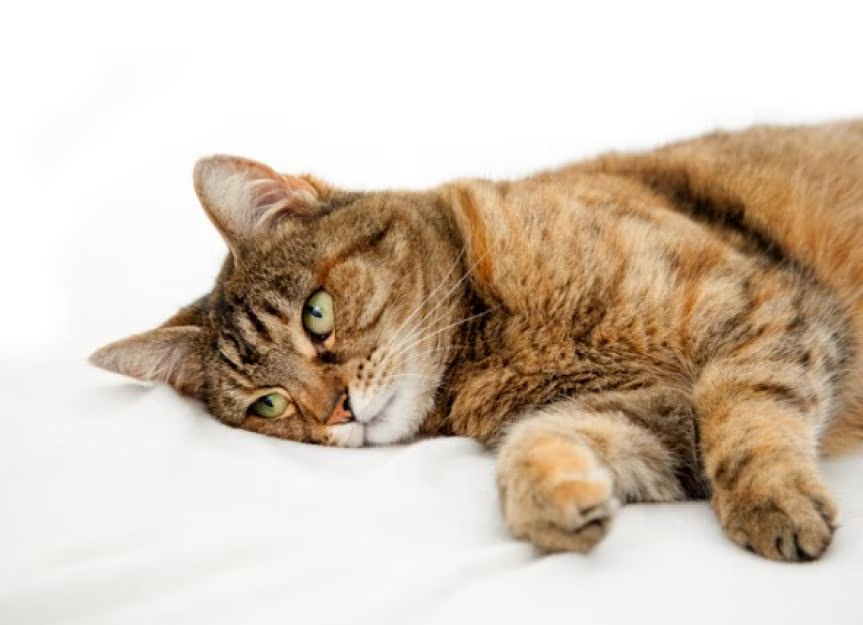
We mentioned the fact that cats become detached and depressed when they’re mourning. If you’re struggling to figure out whether your cat’s exhibiting signs of depression, keep an eye out for whether she’s sleeping throughout the day and getting up only when she has to.
While that behavior might not be alarming to pet parents whose cats prefer napping to running around, playing, or bird-watching, sleeping the day away might be an indication that something’s wrong.
4. They hide under the bed, the table, or somewhere where no one can see them
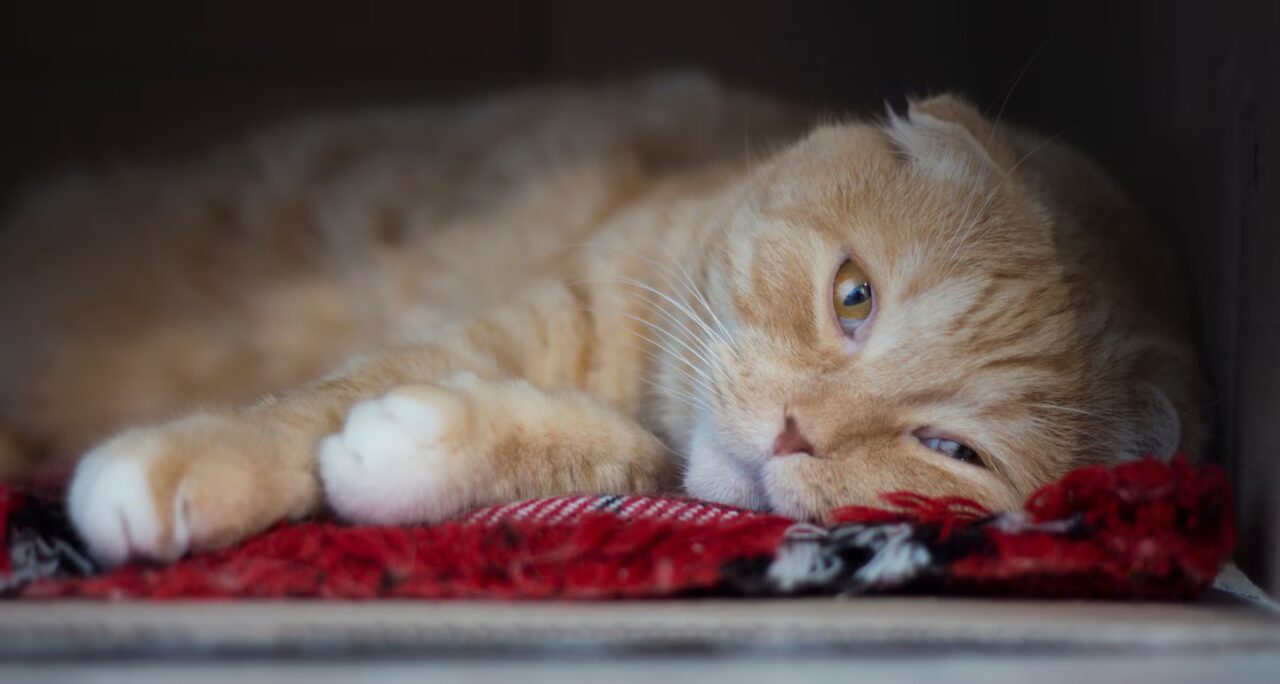
When cats are feeling under the weather, they aren’t strangers to hiding under objects where they’re out of sight. Why do they do this, you might be wondering?
Wild cats hide like this because they’re trying to protect themselves when they’re weak. Domesticated cats do this because of these same instincts.
Needless to say, when your cat’s mourning the death of a close friend or family member, she might be inclined to hide because that’s the only way she knows how to deal with the surge of emotions she’s going through.
5. They cry
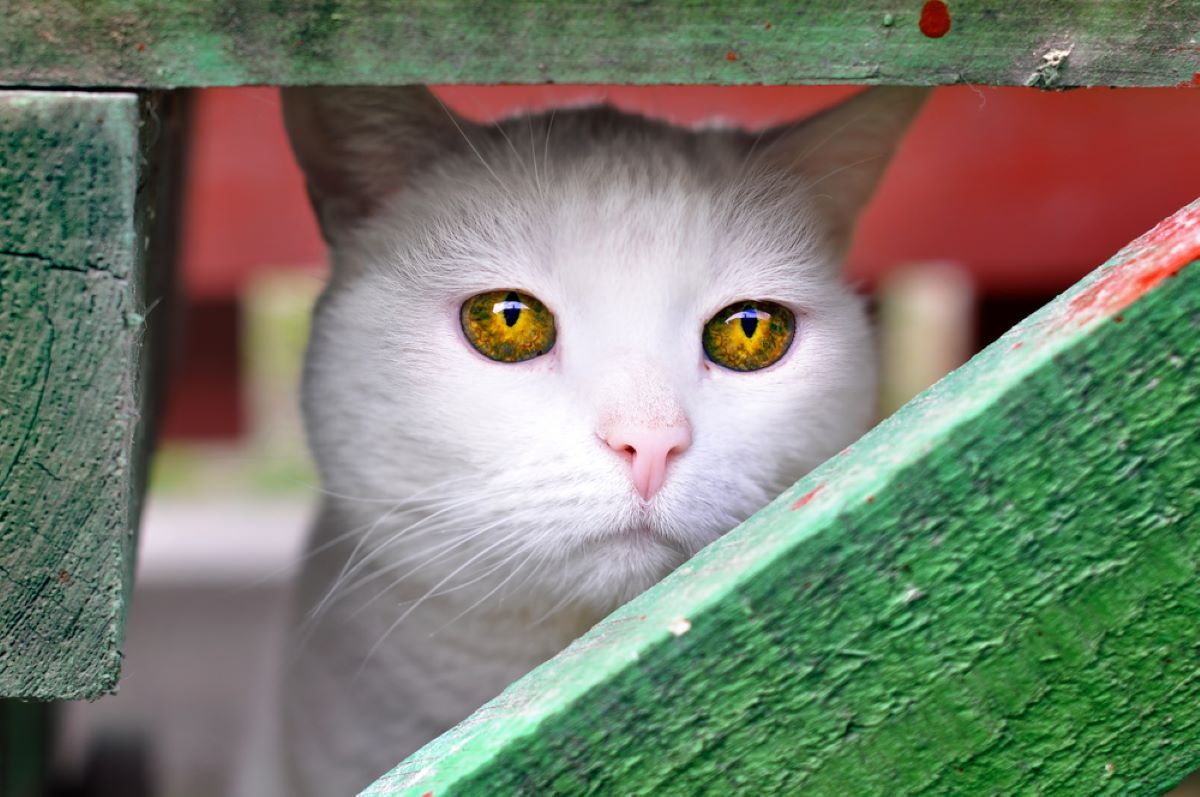
Cats can cry, sort of. They don’t cry the same way humans do – they don’t shed tears (contrary to popular belief). Cats do, however, showcase a behavior change that’s similar to what we would describe as “crying out loud.”
When felines mourn, they change the way they meow. Whether they start meowing more frequently, more vehemently, or even more intentionally (like they’re trying to search for the loved one that’s gone), pet parents often notice a shift.
